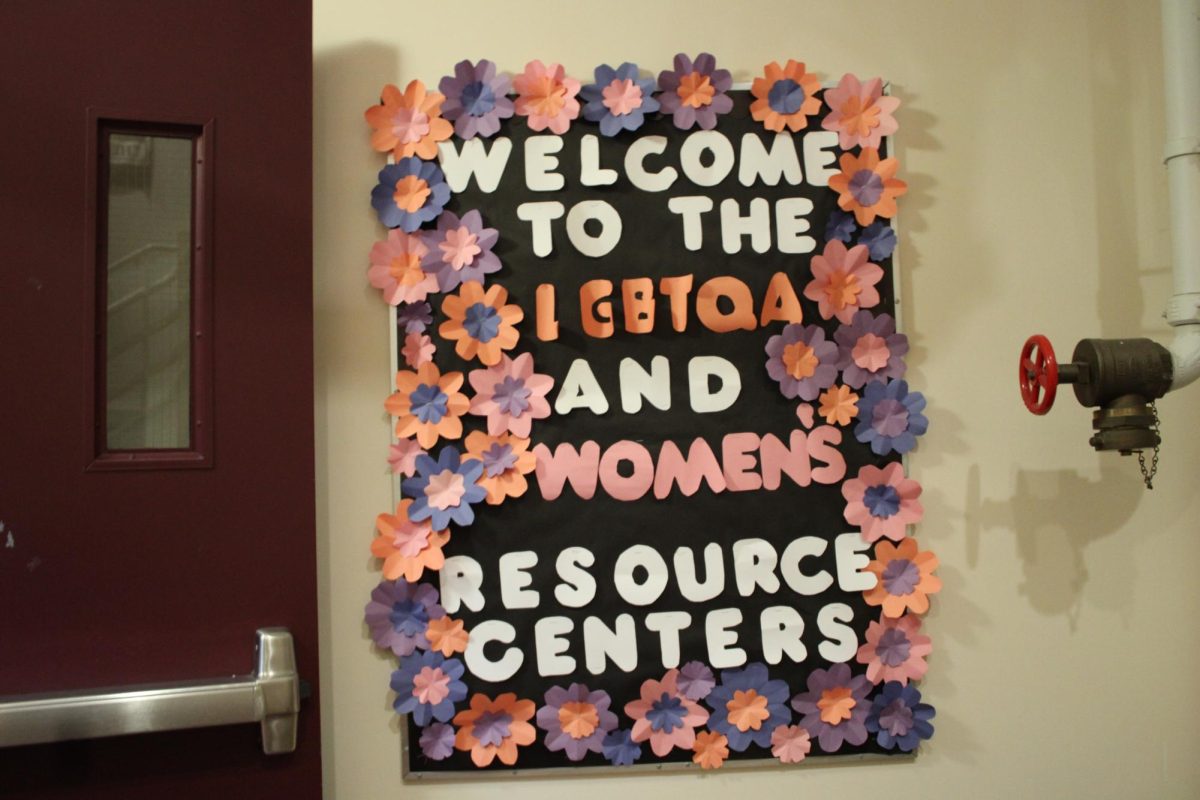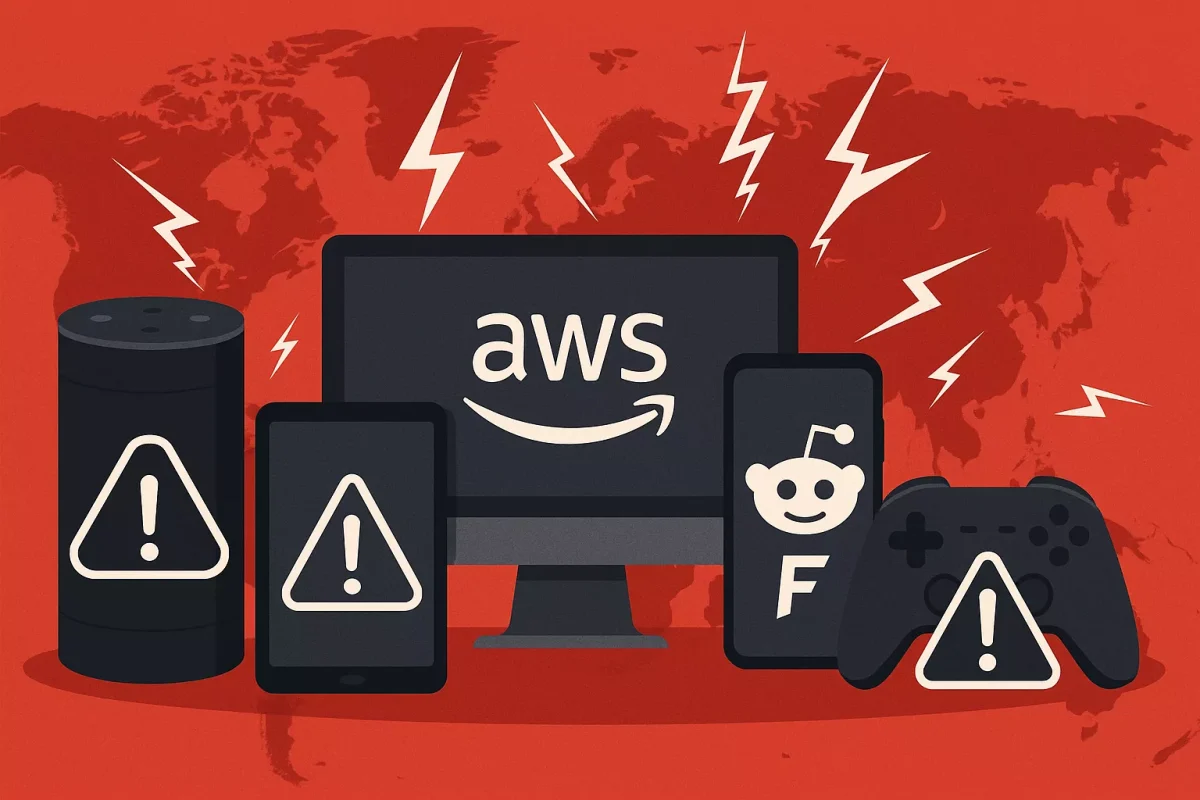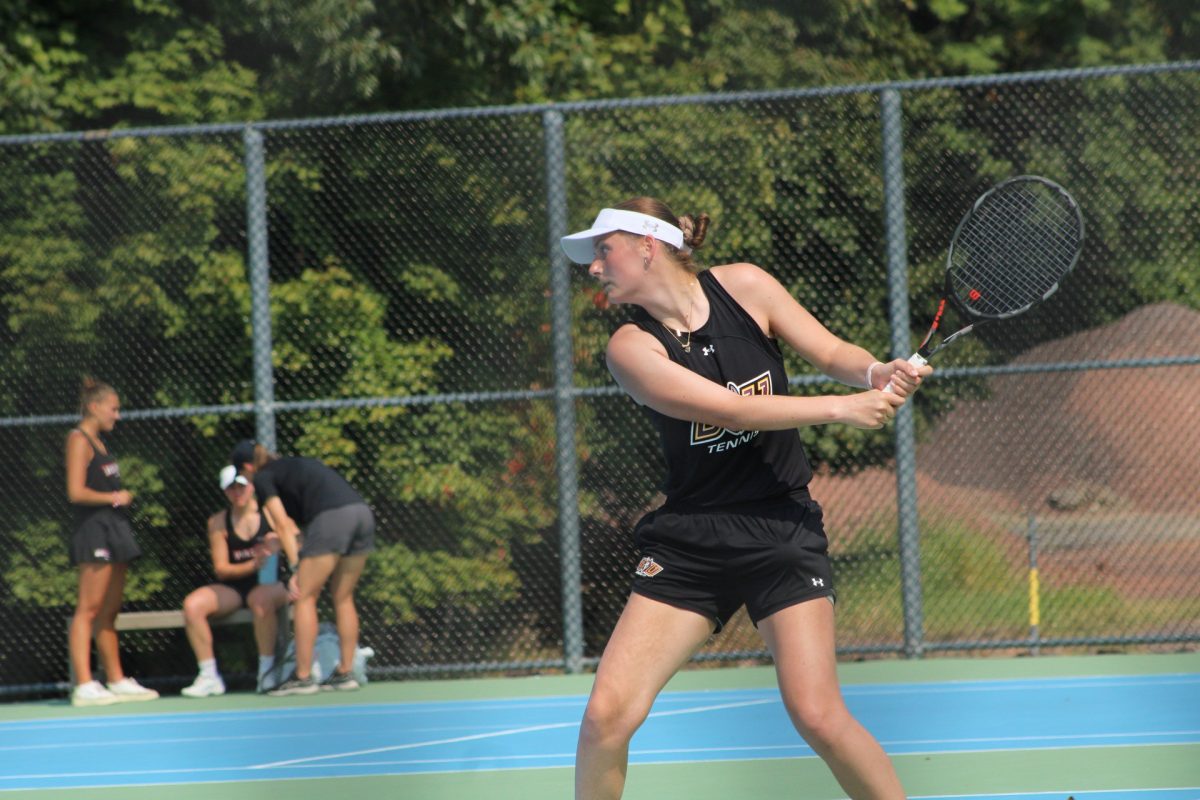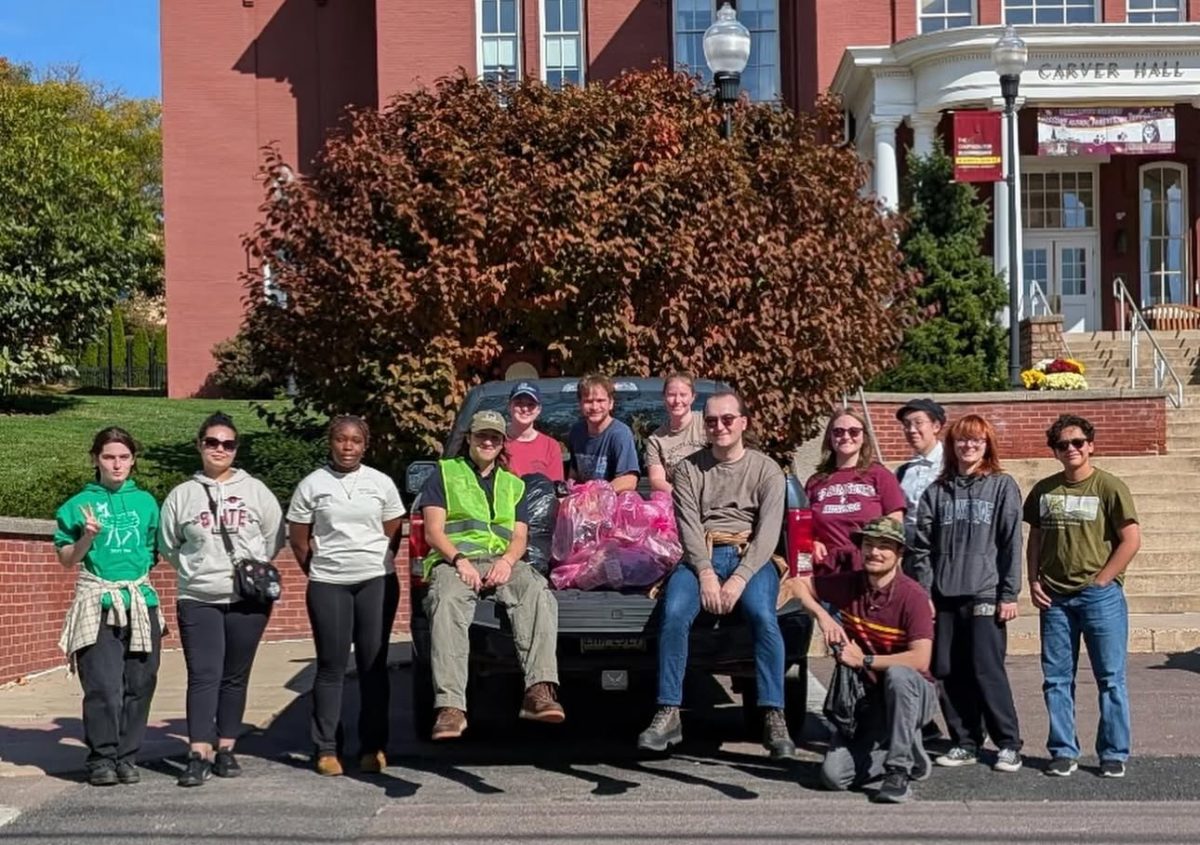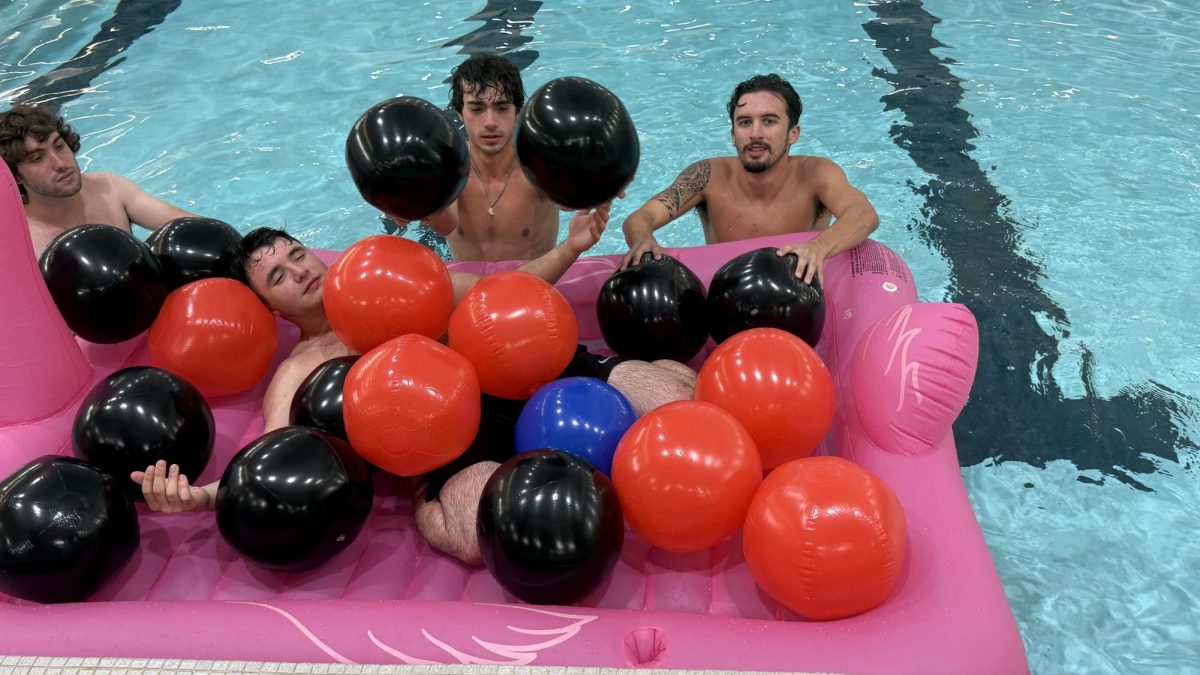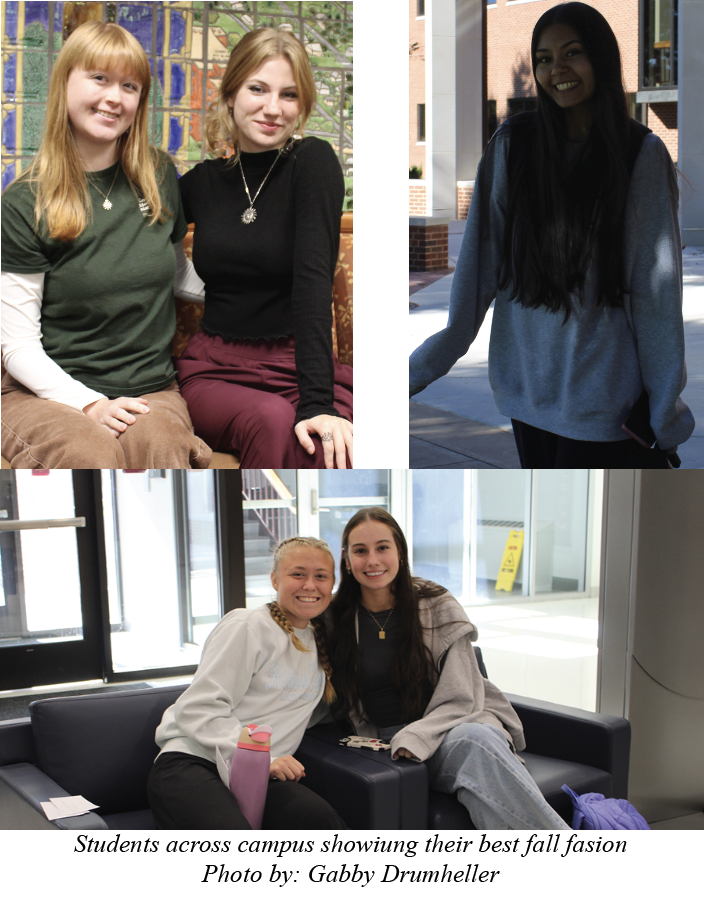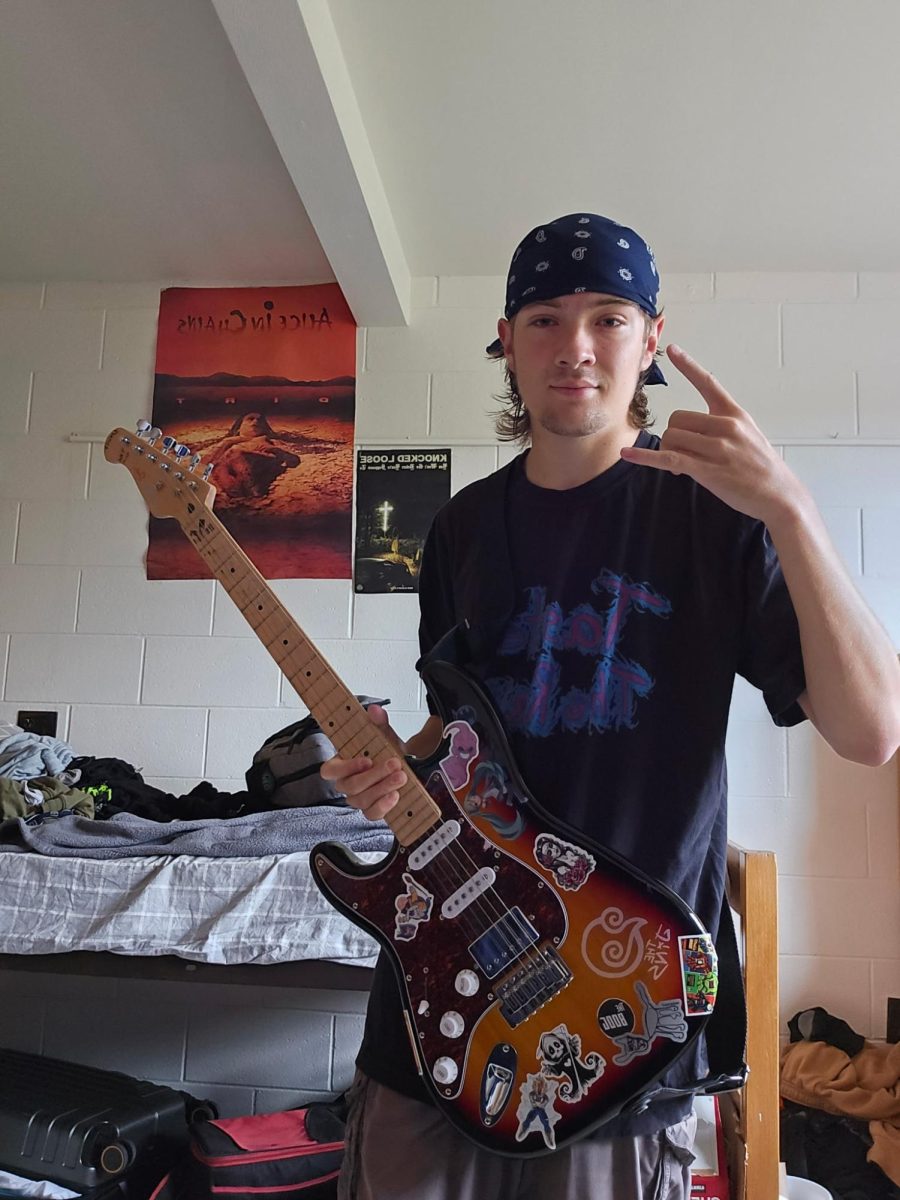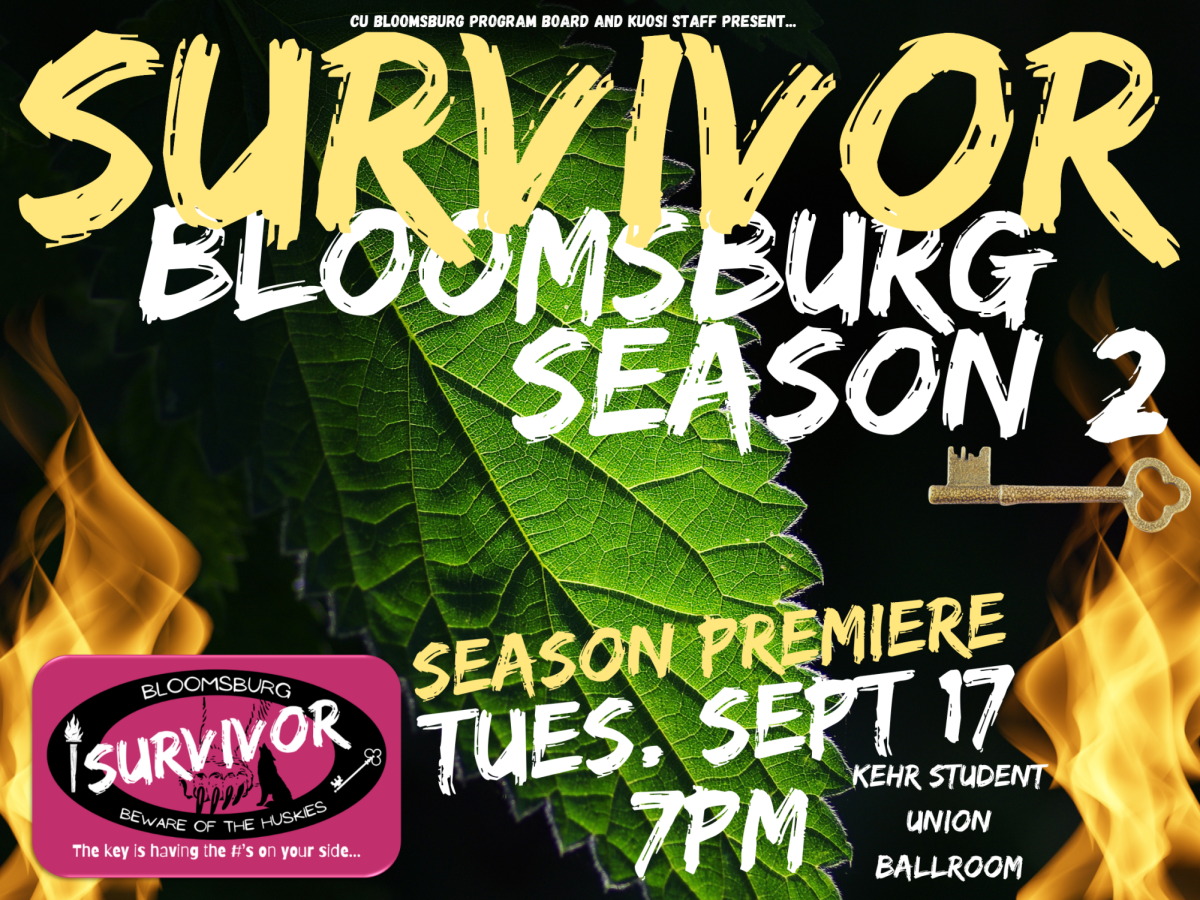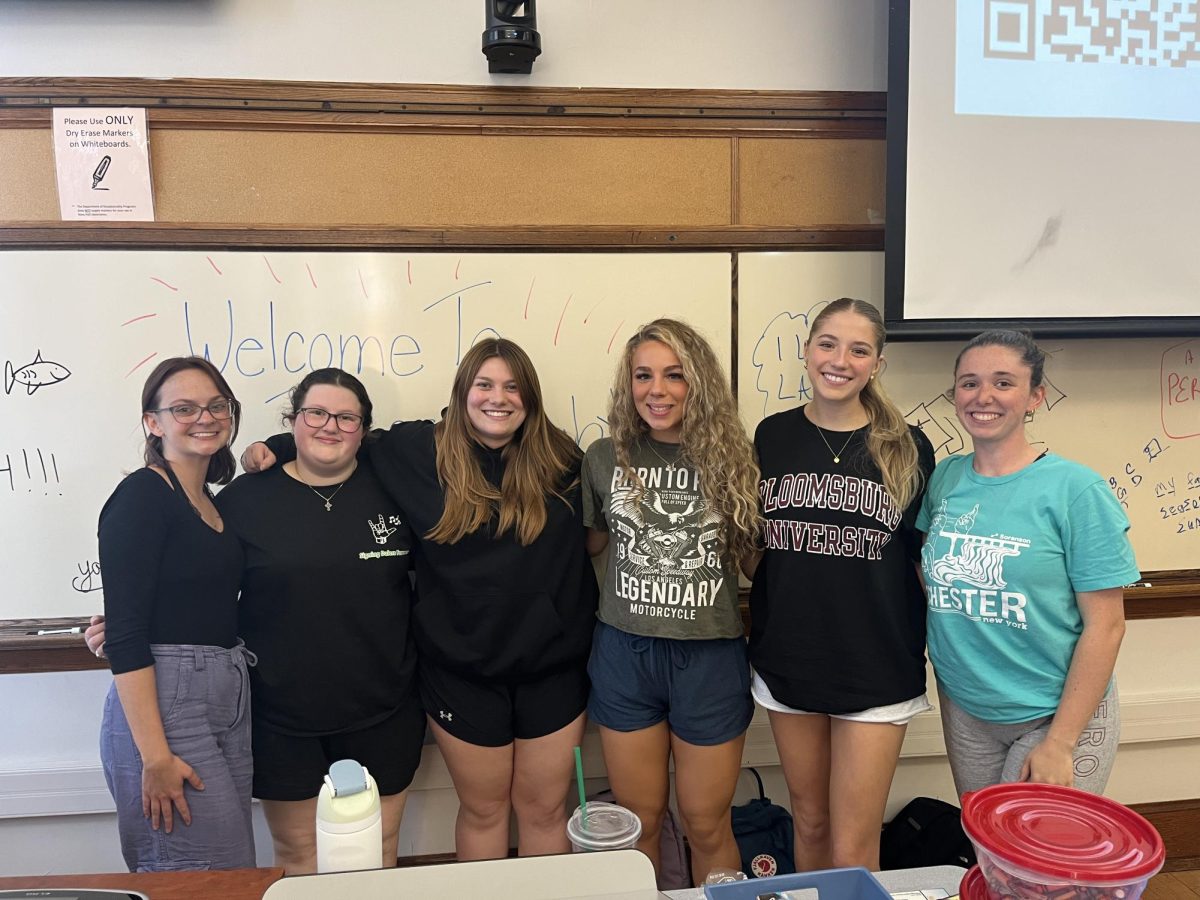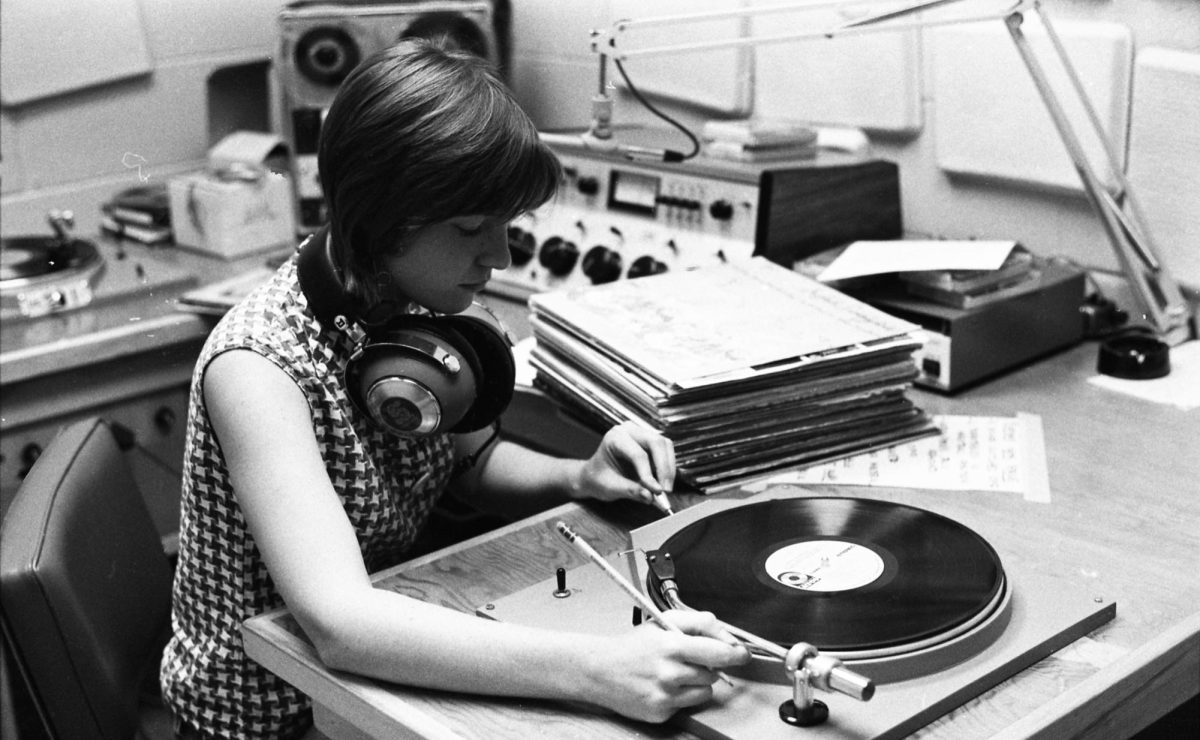Michelle Garcia, a senior editor at Vox, spoke on LGBTQIA issues at Carver Hall on Monday night.
She is the managing editor for race and identities, and worked her way up to this position from many years as an editorial assistant.
Garcia and the rest of her team come together to cover different cultures, politics, and society by looking through a lens of race, gender, sexuality and other identities.
The entirety of her presentation was focused around the idea of what it means to be an ally. She started off by saying, “I’m speaking as a journalist but also as a human being in the world.”
She starts off with giving us the dictionary definition of what is means to be an ally, which read an ally is anyone who supports or empowers another person or group. She says, “Just be being in the LGBT community does not mean you are an ally to these people.” She than presented her list of what she thinks it means to be an ally.
She started off by talking about how ally ship is about being an active participant and supporter, and realizing the humanity and dignity of another person.
“Sometimes we can forget what that means”, she says. Other components of being an ally that she listed included having empathy and willing ness to listen. “Not centering yourself, but simply listening to others”, she says is all involved in being an ally.
Not erasing other people’s identify was another component that goes into being an ally. This is when you deny someone’s existence, and sometimes we do it without even realizing it.
The final part of being an ally is accepting and understanding your own privileges and how they square with others around you.
The legalization of gay marriage does not mean that everyone in the LGBTQ are being treated equally. Garcia gave a statistic that 34% lesbian/gay/bisexual students were bullied on school property in 2015.
She explains that, “More than half of states still technically are allowed to legally discriminate against people on the basis of their sexual orientation.” There still is a lot of work to be done to acknowledge the humanity of people.
Garcia made a list of what effective allies do. They educate themselves about other people, and listen to each other’s. Also they speak up, which sometimes can be extremely hard to do.
They know when to let others speak up and are mentors to others. They also will lead by example and collaborate.
Leading up to her closing remarks, Garcia asks, “What will you leave with today?” She than asked the audience to think about the time you didn’t help someone. “That one moment you look back on and you feel shame that you didn’t say something… we all have it. What I would love for everyone to do is think about how to be a better ally in that moment. Why didn’t you do the thing you should have done in that moment? What is your action going to be the next time it happens? How will you educate yourself? How are you going to show that being an ally is not an act of mere tolerance but it is an act of engagement?”


